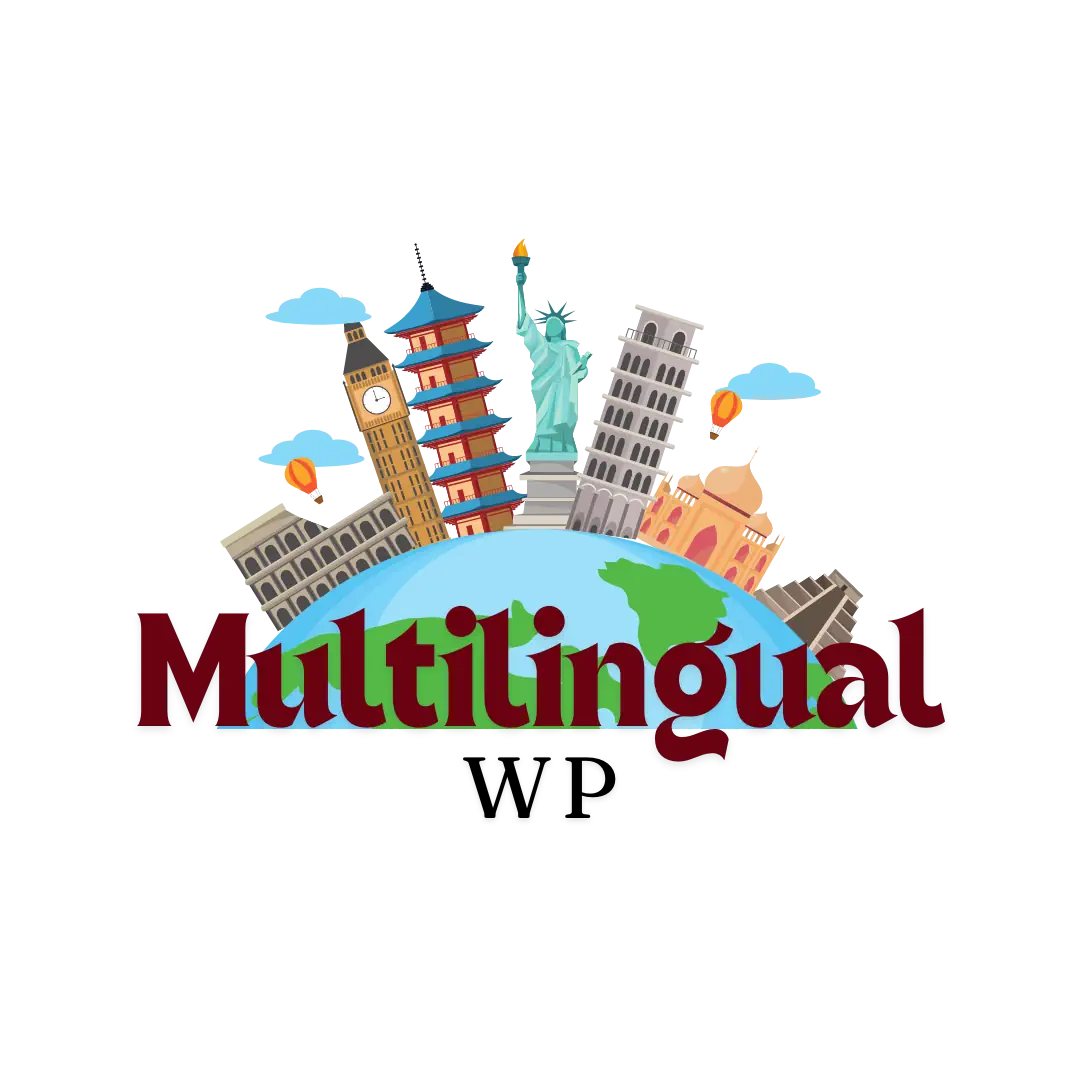In an increasingly interconnected world, businesses are expanding their digital footprints beyond their home countries, aiming to capture global audiences. To effectively reach and engage with these diverse audiences, mastering multilingual SEO is crucial. This article delves into advanced SEO techniques specific to multilingual websites, highlighting the importance of hreflang tags, localized keyword research, and geo-targeting.
Advanced SEO Techniques for Multilingual Websites
1. Hreflang Tags
What Are Hreflang Tags?
Hreflang tags are HTML attributes used to specify the language and geographical targeting of a webpage. They signal to search engines which language the content is in and which region it is intended for, thereby improving the user experience by serving the right version of a page to the right users.
Why Are They Important?
Without hreflang tags, search engines might deliver the wrong language version of your content to users, leading to a poor user experience and high bounce rates. Proper implementation of hreflang tags ensures that users see the most relevant content, tailored to their language and location.
Implementation Best Practices
- Accurate Tagging: Ensure each page has the correct hreflang tag for its language and region. For example, a page in French for Canadian users should have
<link rel="alternate" hreflang="fr-CA" href="http://example.com/fr-ca/page" />. - Consistency: Maintain consistency across your website. If a page has an hreflang tag pointing to another language version, the other version should reciprocate.
- Canonical Tags: Use canonical tags correctly in conjunction with hreflang tags to avoid duplicate content issues.
2. Localized Keyword Research
Understanding Localized Search Behavior
Keyword usage varies significantly across different languages and regions. A term that performs well in one country might not have the same impact in another, even if both countries speak the same language.
Steps for Effective Localized Keyword Research
- Use Local Tools: Utilize keyword research tools that cater to specific regions, such as Google Keyword Planner, Ahrefs, and SEMrush. These tools can provide insights into local search volume and competition.
- Analyze Local Competitors: Study the keywords and content strategies of local competitors. This can offer valuable insights into what works in specific markets.
- Consider Cultural Nuances: Keywords are often influenced by cultural context. Ensure your keywords and content resonate with the local audience by incorporating local idioms, phrases, and cultural references.
3. Geo-Targeting
Defining Geo-Targeting
Geo-targeting involves customizing your website’s content based on the geographical location of the user. This strategy can significantly improve user experience and engagement by providing relevant content to users based on their location.
Techniques for Effective Geo-Targeting
- Country-Specific Domains (ccTLDs): Using country-specific top-level domains (e.g., example.fr for France) can signal to search engines and users that your content is tailored for a particular country.
- Subdirectories and Subdomains: Alternatively, you can use subdirectories (e.g., example.com/fr/) or subdomains (e.g., fr.example.com) to target different regions. Each method has its pros and cons, but both can be effective when used correctly.
- Google Search Console: Use Google Search Console’s geo-targeting settings to specify the target country for a particular site or section of your site.
Combining Strategies for Maximum Impact
To maximize the effectiveness of your multilingual SEO efforts, it’s essential to integrate these strategies cohesively. Here’s how you can combine them:
- Start with Market Research: Understand your target markets through detailed research. Identify the languages and regions that present the most significant opportunities for your business.
- Implement Hreflang Tags: Ensure all your pages are correctly tagged with hreflang attributes to avoid language and region mismatches.
- Conduct Localized Keyword Research: Use tools and local insights to identify the most effective keywords for each market. Tailor your content strategy to include these keywords naturally.
- Set Up Geo-Targeting: Choose the most appropriate structure for your multilingual site, whether it’s ccTLDs, subdirectories, or subdomains, and use Google Search Console to fine-tune your targeting.
Conclusion
Mastering multilingual SEO is not just about translating your website content into different languages. It involves a strategic approach that includes proper hreflang tagging, thorough localized keyword research, and effective geo-targeting. By implementing these advanced techniques, you can enhance your global visibility, improve user experience, and ultimately drive more traffic and conversions from international markets.
In today’s global economy, leveraging multilingual SEO is a powerful way to reach new audiences and expand your business horizons. By taking the time to understand and implement these strategies, you can position your website for success on the global stage.
